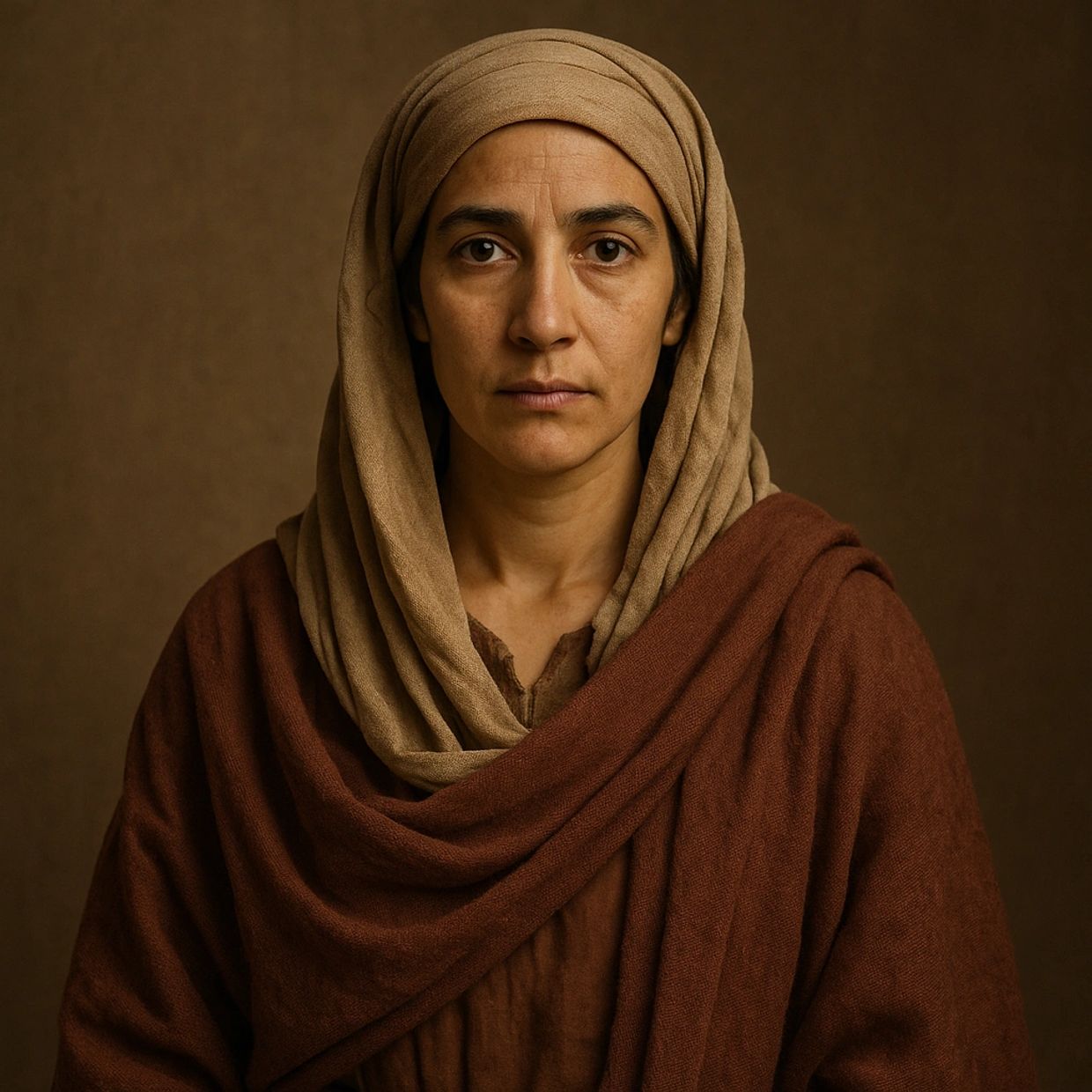Bible Image Museum 4 - Spiritual Warfare
- Home
- Living in Faith
- Grandparents in Bible
- Fathers in Bible
- Fathers in Bible 2
- Mothers in Bible
- Mothers in Bible -2
- Sons in Bible
- Daughters in Bible
- What Satan is Allowed
- What Demons Are Allowed
- What Angels Are Allowed
- Spiritual Warfare
- Evil People in Bible
- People Who Were Forgiven
- Full Armor of God
- Weapons Formed Against Us
- We Wrestle Not
- Spreading the Gospel
- Unbelievers in Bible
- The Holy Spirit
- Children in Bible
- Adopted Children Bible
- Fasting in Bible
- Evil People in Bible -2
- People Merciful in Bible
- People Who Deceived
- People Who Encouraged
- People Who Were Thankful
- People Who Forgave
- People Annointed in Bible
- People Who Praised
- Miracles in the Bible
- Miracles in the Bible 2
- People Who Gave in Bible
- People Called by God
- Believers in the Bible
- Believers in Bible 2
- Unbelievers in Bible 2
- People Who Used the Word
- People Who Used the Word2
- People Healed in Bible
- Living in Faith 2
- Spiritual Blindness

